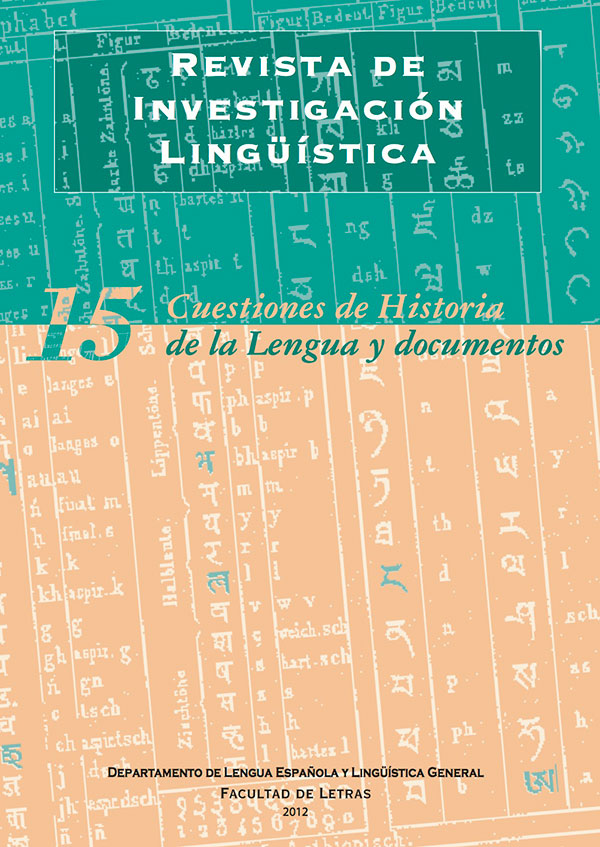Gigantes contra molinos: una explicación pragmática de la ironía y el humor en publicidad
Abstract
The aim of this paper is to analyze the ironic, humorous meaning from a pragmatic point of view. This proposal leads us to explain its productivity in advertising, as is shown by the analysis of the texts we have selected. To do so Grice’s definition of irony is revised, and an expanded version is presented; that is, irony is a particularized conversational implicature that may trigger the contradiction of what is said or the inversion of the standard inferential processes. Ironic meaning is closely related to humorous meaning, which is explained as the replacement of an activated semantic frame by a new one, which is unexpected. Thus both phenomena exhibit a contrastive nature that is in turn the responsible of their enormous potential as persuasive mechanisms.Downloads
-
Abstract1944
-
PDF (Español (España))975
The works published in this magazine are subject to the following terms:
1. The Publications Service of the University of Murcia (the publisher) preserves the economic rights (copyright) of the published works, and favors and allows the reuse of same under the license of use indicated in point 2.
2. The papers are published in the electronic edition of the magazine under a Creative Commons Attribution-NonCommercial-NoDerivative 3.0 Spain license (legal text). Papers may be copied, used, disseminated, transmitted and publicly exhibited if the following requirements are met: i) The authorship and the original source of its publication (magazine, editorial and URL of the work) must be cited; ii) The works cannot be used for commercial purposes; iii) The existence and specifications of this user license must be explicitly mentioned.
3. Self-archiving conditions. Authors can electronically disseminate pre-print versions (version before being evaluated) and / or post-print versions (version evaluated and accepted for publication). This makes possible its circulation and diffusion earlier and with it a possible increase in its citation and reach among the academic community. RoMEO color: green.









